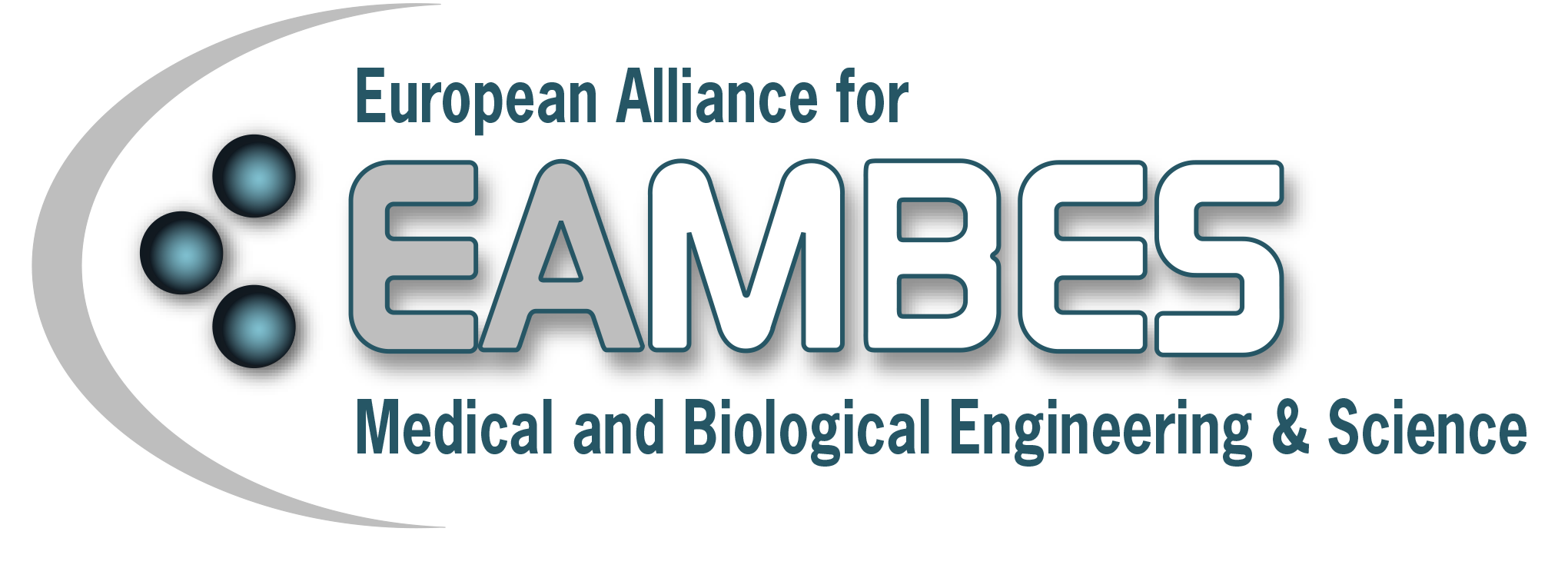Having more questions than clear answers as a path to innovation
On November 7th, Giuseppe Fico, the President-elect of EAMBES, delivered his presentation “Key Enabling Technologies, digital transformations, healthy living, and sustainable ecosystems” at the VI Forum of the World Laureate Association (WLA), one of the leading organizations that brings together top-level researchers and scientists from around the world. Within the framework of the VI Forum’s annual theme, “Science Leads the Transformation,” the researcher has been selected as one of the young promising scientists to address more than 300 high-level academics and scientists in Shanghai, including laureates from 25 countries, including Nobel Prize winners, Turing Award winners, Wolf Prize recipients, and many other prestigious scientific awards.
As an associate professor at the Escuela Técnica Superior de Ingenieros de Telecomunicación de la Universidad Politécnica de Madrid and Head of Health in the Life Supporting Technologies research group, Fico discussed the current perspective on research, development, and innovation initiatives funded by the European Commission under the umbrella of Large-Scale Pilots to improve health and well-being outcomes, a field he has been coordinating for the past 10 years.
ACTIVAGE, GATEKEEPER, and ODIN are just three of the flagship projects in which Fico has been and continues to be an active reference in the European context, providing a perspective where technological paradigms such as Artificial Intelligence, Robotics, and the Internet of Things are used on a large scale for digital transformation and the improvement of health and quality of life outcomes. This vision places ethical considerations for patient safety and the consequences of inappropriate or unregulated use of these technologies at the forefront of generating patient-centered value.
Fico has shown how impact is being achieved in regional, national, and European healthcare systems, with clear examples of digital health services that are nowadays a reality, being procured, deployed, and being used by European patients and healthcare professionals, thanks to R&D& instruments funded by the European Commission.
He also highlighted the relevance of the biomedical engineering community to educate, train and assist leaders of digital transformation in using the right methods, tools, and technologies in the healthcare sector.
Moreover, he maintained that “having more questions than clear answers as a path to innovation is what gives us clues that we must redouble our efforts and commitment in the field of science to make differential contributions that enable our input to the construction of a more balanced world and with equal opportunities for all.” For the researcher, the evidence generated from the three main large-scale pilot projects in the field of digital health aimed at improving social and healthcare outcomes, disease management, and hospital processes suggests that there are currently more questions than certainties. It is crucial to ensure a comprehensive understanding of the benefits provided by the ecosystem approach, which has become the core of the latest European R&D+i initiatives for health and well-being.
In this way, Fico emphasized the need to work on research lines and projects to deepen the comprehensive understanding of human-centered approaches and ecosystems, as well as to investigate what we define when we talk about value. The notion of value becomes central to his perspective as more and better instruments are incorporated to measure the quality of life and outcomes, patient-informed experiences, and value-based healthcare approaches. For the researcher, this is a defining position to advance a science that contributes to social transformation.
Fico, a Ph.D. graduate from UPM, has been selected as a Young Laureate, along with two other candidates, under the proposal of IUPESM, the association that brings together all international federations of biomedical engineers and medical physicists within the framework of the United Nations International Science Council.
It is worth noting that the World Laureate Association (WLA) is an international non-governmental and non-profit organization. It is one of the world’s highest-profile organizations of laureates with three missions: “promoting basic science, advocating for international cooperation, and supporting youth development.” By championing the vision of “Science and technology for the common destiny of humanity,” the WLA actively fosters close scientific collaboration and academic exchange among esteemed scientists and scholars from around the world.
